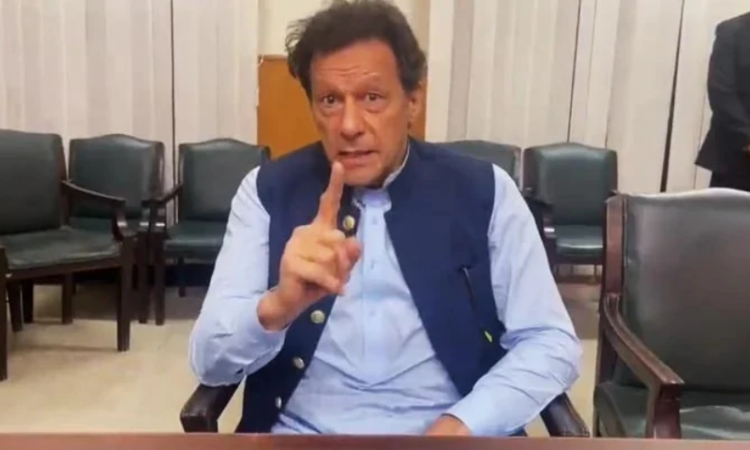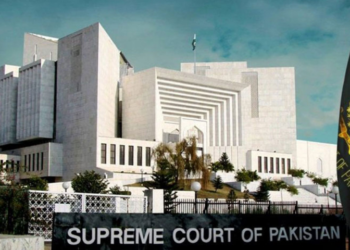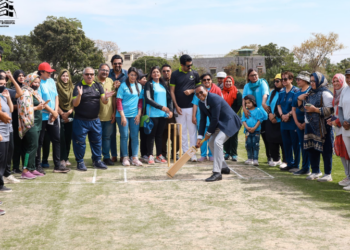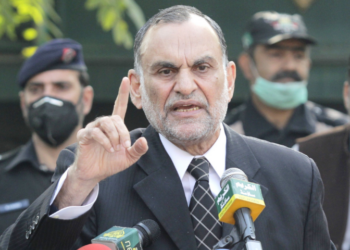Islamabad, March 14, 2025: In a clear violation of the Islamabad High Court (IHC) directive, jail authorities failed to produce Pakistan Tehreek-e-Insaf (PTI) founder Imran Khan in person before the court on Friday. The court had ordered his appearance while hearing a petition filed by Mashal Yousafzai, who was denied permission to meet the incarcerated former prime minister.
During the hearing, the court initially stated that if the Islamabad Advocate General (AG) intended to proceed with a video link appearance, they should inform the court. However, it ordered that if Khan was not presented via video link by 2 PM, he must be brought in person at 3 PM.
As the 2 PM deadline passed, the court expected Khan’s physical appearance, but the Islamabad AG defied the order, citing security concerns as an excuse. The AG further claimed that even a video link appearance was not feasible.
The IHC responded by demanding affidavits from the Adiala Jail superintendent and the Islamabad AG, explaining their failure to comply with the court order.
To verify Yousafzai’s claims of being Imran Khan’s lawyer, the court formed a commission, appointing law clerk Sakina Bangash to visit Adiala Jail and confirm directly with Khan whether Yousafzai was indeed his legal representative. The commission has been directed to meet Khan on Saturday, with the jail superintendent instructed to facilitate the meeting.
In response, Yousafzai welcomed the decision, calling it a “golden opportunity” and further requesting the commission to inquire whether Khan was allowed to meet his friends and political allies.
The Islamabad AG, however, objected, insisting that the court’s order was limited to meetings with lawyers and did not extend to personal visitors.
The IHC expressed frustration over the jail administration’s blatant disregard for court orders, warning that failure to comply amounted to contempt of court.
“The court is convinced that the jail authorities have committed contempt,” Justice Sardar Ejaz Khan remarked, condemning their deliberate obstruction of legal processes.
The court also questioned the authenticity of a list presented by the jail authorities, allegedly containing Imran Khan’s approved lawyers, and hinted that it might seek direct verification from Khan himself.
During the hearing, Advocate Shoaib Shaheen informed the court that PTI leadership had been denied meetings for the past five months. Justice Sardar then grilled the Adiala Jail superintendent, Abdul Ghafoor Anjum, asking whether he understood why he was summoned.
Anjum attempted to evade responsibility, stating he had been out of the city and that Khan had refused to meet anyone the previous Friday. The judge, however, was not convinced, pressing the official on why Yousafzai had been made to wait in the superintendent’s office instead of being allowed to meet Khan.
In response, the jail authorities claimed that both Imran Khan and his wife, Bushra Bibi, had stated that Yousafzai was neither their lawyer nor their focal person. However, a signed list of six lawyers representing Khan was later presented in court, showing inconsistencies in the jail administration’s statements.
Despite these developments, the IHC postponed the next hearing until March 19, leaving questions over jail authorities’ compliance and Imran Khan’s rights as an incarcerated political leader unanswered.
With the court increasingly frustrated, and the government seemingly blocking access to Khan, tensions surrounding his legal battles and political suppression continue to mount.








